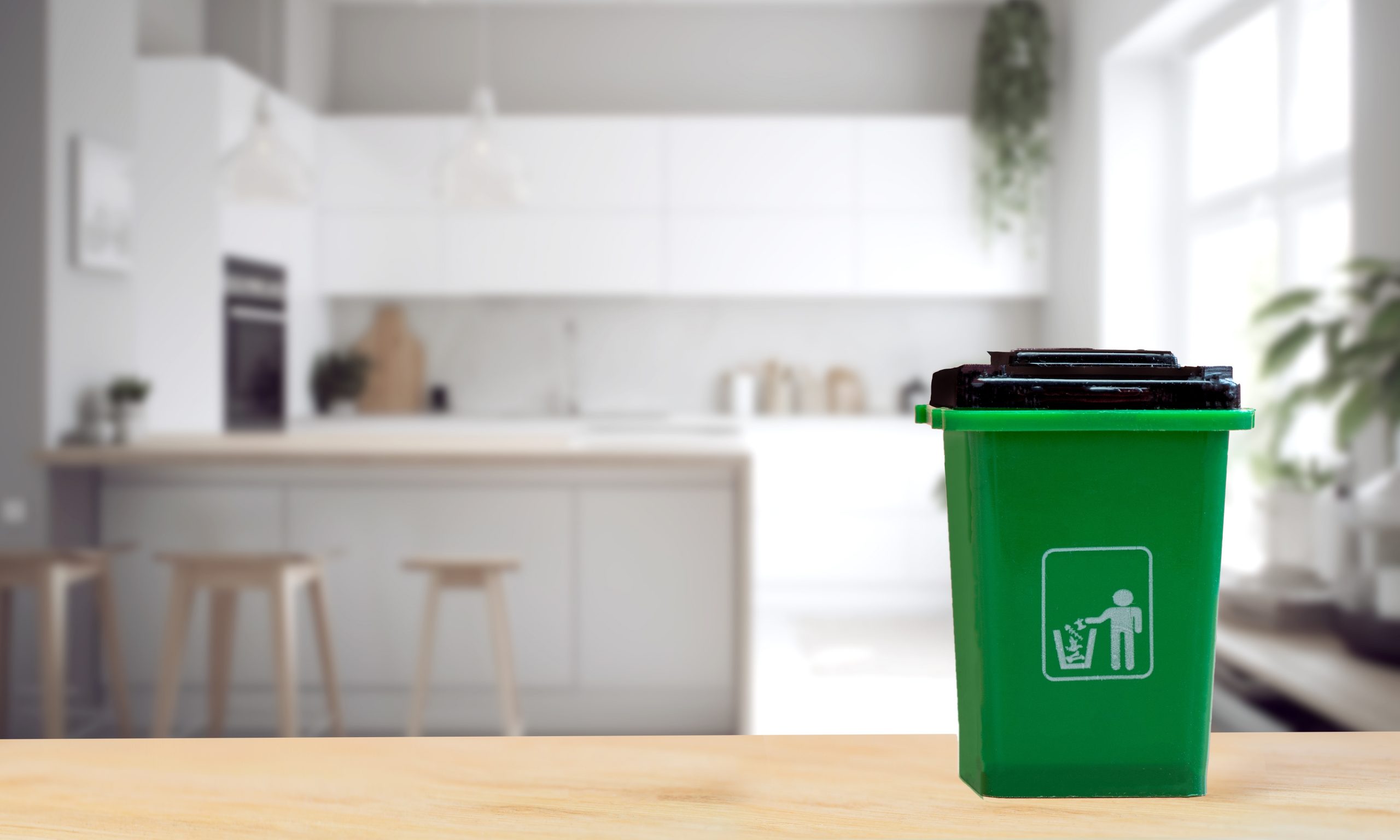Reducing household waste is an essential step toward living a more sustainable lifestyle. For seniors, it’s a meaningful way to contribute to the well-being of the planet, conserve resources, and potentially save money. Here are some simple tips and insights to help you minimize waste in your home effectively.
Understanding the Importance of Waste Reduction
1. Environmental Impact: Reducing waste helps decrease the amount of trash sent to landfills and incinerators. It also conserves natural resources and reduces pollution, contributing to a healthier planet.
2. Economic Benefits: By reducing waste, you can lower your household expenses. Buying less and reusing more means spending less money on disposable items and reducing waste disposal costs.
3. Personal Satisfaction: Adopting waste-reducing habits can provide a sense of accomplishment and purpose. It’s a proactive way to make a positive impact on your community and future generations.
Practical Tips for Reducing Household Waste
1. Embrace Reusable Items: Switch to reusable alternatives for everyday disposable items.
- Shopping Bags: Use cloth or reusable shopping bags instead of plastic ones.
- Water Bottles: Carry a reusable water bottle to avoid buying single-use plastic bottles.
- Food Containers: Store leftovers in glass or BPA-free plastic containers rather than single-use plastic bags or wrap.
2. Compost Organic Waste: Composting is an effective way to reduce kitchen waste and create nutrient-rich soil for your garden.
- Kitchen Scraps: Compost fruit and vegetable peels, coffee grounds, eggshells, and other organic kitchen waste.
- Yard Waste: Add grass clippings, leaves, and small branches to your compost pile.
- Composting Systems: Consider using a compost bin or a worm composting system for indoor composting.
3. Practice Smart Shopping: Being mindful of your purchases can significantly reduce waste.
- Bulk Buying: Purchase items in bulk to reduce packaging waste.
- Minimal Packaging: Choose products with minimal or recyclable packaging.
- Reusable Produce Bags: Use mesh or cloth bags for fruits and vegetables instead of plastic bags.
4. Recycle Responsibly: Recycling helps divert waste from landfills and supports the recycling industry.
- Know Your Local Rules: Familiarize yourself with your local recycling guidelines to ensure you’re recycling correctly.
- Clean and Sort: Rinse out containers and sort recyclables by type (paper, plastic, glass, metal).
- E-Waste Recycling: Recycle old electronics at designated e-waste recycling centers.
5. Reduce Food Waste: Minimizing food waste can save money and reduce the environmental impact of food production.
- Meal Planning: Plan your meals to buy only what you need and avoid over-purchasing.
- Proper Storage: Store food correctly to extend its shelf life. Use airtight containers and keep your fridge organized.
- Creative Cooking: Use leftovers creatively to make new meals. Soups, stews, and casseroles are great for repurposing leftovers.
6. Donate and Repurpose: Give new life to items you no longer need instead of throwing them away.
- Clothing and Household Items: Donate gently used clothing, furniture, and household items to local charities or thrift stores.
- Upcycling: Repurpose old items into new, useful products. For example, use glass jars for storage or turn old t-shirts into cleaning rags.
Tips for Sustaining Your Efforts
1. Educate Yourself: Stay informed about waste reduction practices and continually seek out new ways to minimize waste in your home.
2. Involve Family and Friends: Encourage your family and friends to join you in your waste reduction efforts. Share tips and ideas to inspire others.
3. Set Realistic Goals: Start with small, manageable changes and gradually incorporate more waste-reducing habits into your routine.
4. Track Your Progress: Keep a journal or use an app to track your waste reduction efforts. Celebrate your successes and identify areas for improvement.
